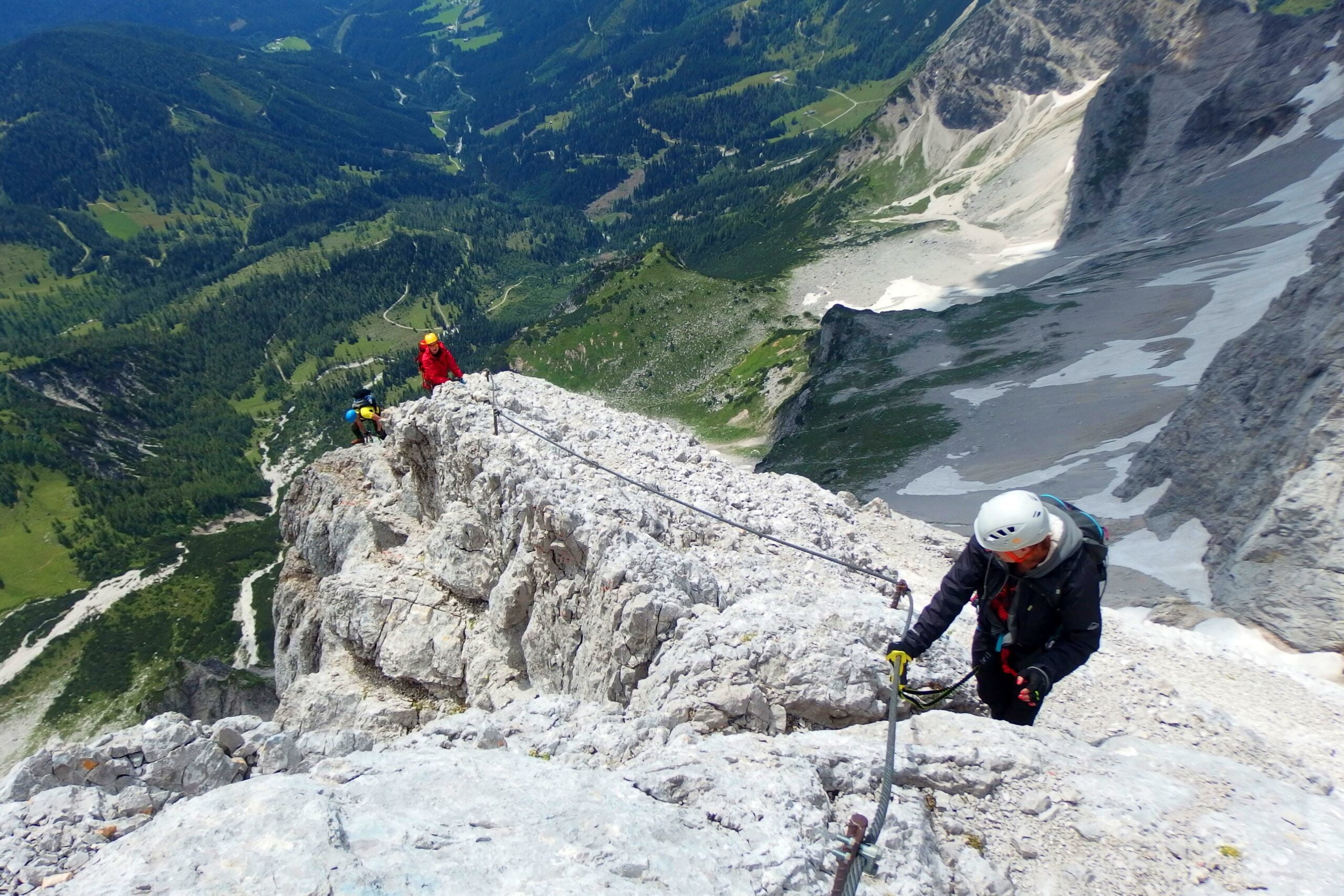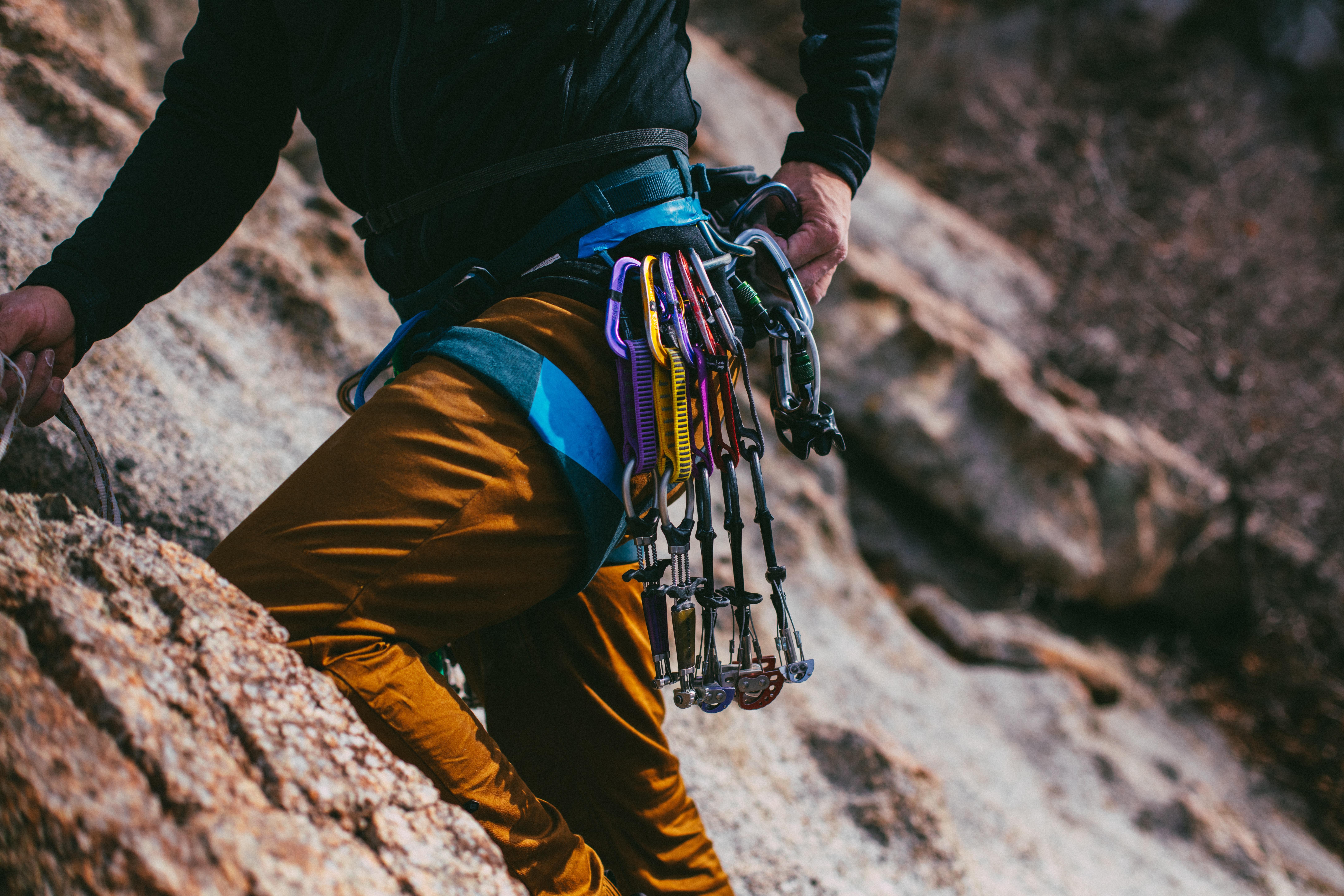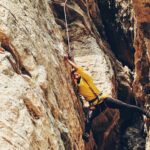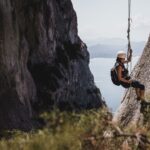In the thrilling world of rock climbing, where the adrenaline rushes through your veins with each daring ascent, there lies a vibrant and tight-knit community that thrives on camaraderie and shared passion. Welcome to the ultimate guide on rock climbing organizations, where we will delve into the heart and soul of this exhilarating sport. Whether you are a seasoned climber seeking new challenges or a curious enthusiast looking to dip your toes into the vertical realm, this article is your gateway to understanding and supporting the flourishing community that binds us all together.

Rock Climbing Organizations
Rock climbing organizations play a vital role in supporting and promoting the thriving community of rock climbers. These organizations cater to different aspects of the sport, ensuring safety, training, and providing valuable resources. Whether you’re a seasoned climber or a beginner looking to embark on this exciting adventure, getting involved with rock climbing organizations can enhance your experience and contribute to the growth of the community.
Supporting and Nurturing the Community
Rock climbing organizations serve as the backbone of the climbing community. They bring together climbers of all levels, fostering a sense of camaraderie and providing a platform for sharing experiences and knowledge. By joining a rock climbing organization, you gain access to a network of like-minded individuals who share your passion for the sport. This creates opportunities for collaboration, learning, and growth.
One such organization is the International Federation of Sport Climbing (IFSC), the governing body for competition climbing. They oversee and organize various climbing events, including lead climbing, bouldering, and speed climbing. Their efforts not only promote the sport on a global level but also inspire and support climbers striving to reach new heights. As Russ Clune, a prominent rock climber, once said, “Climbing is not just a solo pursuit; it’s about the community that surrounds it.”
Diverse Specializations and Activities
Rock climbing organizations encompass a wide range of clubs, associations, and non-profits, each with its own focus and activities. This diversity ensures that climbers can find organizations that align with their specific interests and aspirations. Let’s take a closer look at a few notable organizations and their areas of expertise:
Mountain Rescue Associations prioritize mountain rescue issues, climbing statistics, high altitude rescue, and high altitude training. Their work is crucial for ensuring climbers’ safety in challenging environments.
Climbing Wall Associations emphasize indoor climbing wall industry promotion and address safety issues, currency, and support. They play a pivotal role in maintaining the safety standards of indoor climbing facilities.
Recreation Climbing Organizations and Associations cater to various aspects of the sport, ranging from social and recreational events to skill development and education. These organizations offer a wide array of opportunities for climbers to connect, learn, and have fun.
These organizations form the backbone of the climbing community, strengthening bonds, and creating a support system for climbers. As the saying goes, “Together, we climb higher.”
Resources and Guidance
Rock climbing organizations also provide invaluable resources and guidance to climbers at all levels. They offer training programs, workshops, and clinics that cater to beginners as well as more experienced climbers. These initiatives ensure that climbers are equipped with the necessary skills, knowledge, and safety protocols to enjoy the sport responsibly.
For those seeking professional guidance, organizations like the Professional Climbing Guides Institute (PCGI) and Adventure Protocol offer resources to find certified rock climbing guides. These guides not only enhance your climbing experience but also prioritize safety and adherence to ethical climbing practices. Remember, in the world of rock climbing, “A guide can show you the path, but your determination will take you to the summit.”
Expanding Community and Diversity
In recent years, efforts have been made to foster an inclusive climbing community and promote equity in the sport. The Global Climbing Initiative (GCI) is actively working towards creating a more diverse and accessible climbing environment. By promoting awareness and providing resources, GCI aims to break down barriers and ensure that everyone feels welcome and represented in the climbing community. As climbers, it is our responsibility to embrace diversity and create a space where everyone can thrive.
Conclusion: Climbing Together
Rock climbing organizations play a pivotal role in the thriving community of climbers. They bring climbers of all levels together, provide resources and guidance, and foster an inclusive environment where everyone can pursue their passion for climbing. Whether you’re looking to join a local club, participate in competitions, seek training and guidance, or contribute to diversity and equity initiatives, there’s a rock climbing organization out there for you. Join the climbing community, embrace the support, and together, let’s reach new heights.
“Climbing is not about conquering the rock, but about conquering yourself and supporting others along the way.”
Professional rock climbing organizations are a vital part of the climbing community. They provide resources, support, and education to climbers of all levels. Whether you’re new to the sport or a seasoned pro, these organizations offer a wealth of knowledge and opportunities to connect with fellow climbers. If you’re looking to take your climbing to the next level, check out our list of top professional rock climbing organizations. Don’t miss out on the chance to join a community of like-minded individuals who share your passion for the vertical world. Click here to explore the world of professional rock climbing organizations: Professional Rock Climbing Organizations.
FAQ
Question 1: What are the different types of rock climbing organizations?
Answer 1: Rock climbing organizations can vary in their focus and activities. Some examples include mountain rescue associations, climbing wall associations, and recreation climbing organizations. Each organization may have a different emphasis, such as promoting mountain rescue issues, addressing safety in indoor climbing walls, or catering to specific aspects of the sport.
Question 2: What is the International Federation of Sport Climbing (IFSC)?
Answer 2: The International Federation of Sport Climbing (IFSC) is the international governing body for competition climbing. It oversees various disciplines of the sport, including lead climbing, bouldering, and speed climbing. The IFSC plays a crucial role in organizing and regulating climbing competitions at a global level.
Question 3: Is rock climbing considered an Olympic sport?
Answer 3: Rock climbing was added to the shortlist of potential new sports for the 2020 Tokyo Olympic Games, and it was officially included as an Olympic sport in 2016. As an Olympic sport, rock climbing is gaining increased recognition and popularity on a global scale.
Question 4: Are there any notable rock climbing organizations and non-profits?
Answer 4: Yes, there are several notable rock climbing organizations and non-profits. Examples include the Professional Climbing Guides Institute (PCGI), the International Association of Psychologists in Climbing, and the Global Climbing Initiative. These organizations aim to promote and support the climbing community, provide guidance and resources to climbers, and work towards creating an inclusive and equitable climbing environment.
Question 5: How can I find professional rock climbing guides for outdoor climbing experiences?
Answer 5: Adventure Protocol offers resources to find professional rock climbing guides for outdoor climbing experiences. By connecting climbers with certified guides, Adventure Protocol ensures a safe and enjoyable climbing experience while supporting the professional development of climbing guides.
- Unlock Water’s Symbolism: A Cross-Cultural Exploration - April 20, 2025
- Identify Black and White Snakes: Venomous or Harmless? - April 20, 2025
- Unlocking Potential: Origins High School’s NYC Story - April 20, 2025















